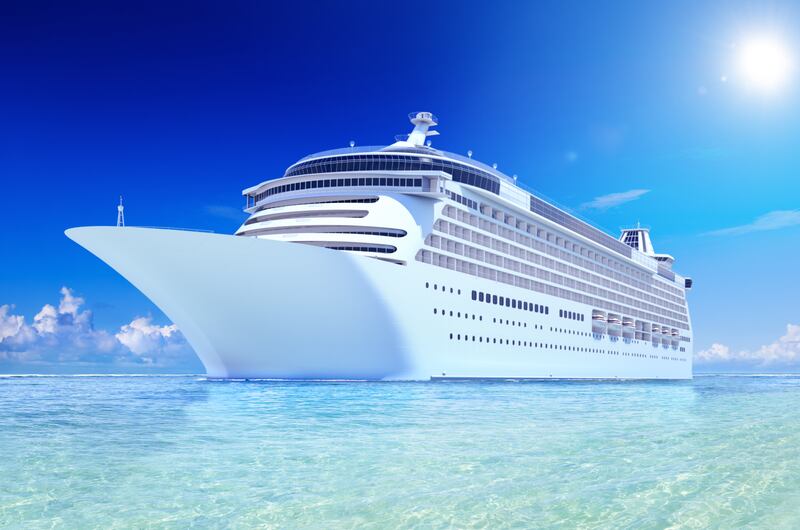Thirteen cruise ships have reported a norovirus outbreak this year, causing a peak in cases that hasn’t been seen since 2012, according to the Centers for Disease Control and Prevention.
We still have about half a calendar year left to go.
“Acute gastrointestinal illness is relatively infrequent on cruise ships,” the CDC said, but reasons for rapid spreading may be due to close living quarters or poor hygiene practices.
Dr. William Schaffner, a professor of infectious diseases at Vanderbilt University, told CNN, “This is an extraordinarily contagious virus,” and, “It takes but a few normal viral particles to initiate an infection in someone who’s exposed. In other words, this doesn’t take a large dose; it takes only a little bit.”
Fox News said among the 13 outbreaks, almost 1,700 passengers and more than 240 crew members reported being sick during their voyages.
Using a system called the Vessel Sanitation Program, the CDC can log and track gastrointestinal illnesses and symptoms found in the passengers and crew.
Ships are required to “have more than 100 passengers and sailings between three and 21 days long for an outbreak to be reported,” per Fox News.
What is norovirus?
Norovirus is a highly contagious sickness that causes diarrhea, nausea, stomach pain and vomiting, per the Mayo Clinic.
The CDC said, “You can get norovirus by accidentally getting tiny particles of feces (poop) or vomit in your mouth from a person infected with norovirus.” Once infected, the disease is easily spread through norovirus particles that come off infected individuals.
The latest outbreak was aboard a Viking Cruise voyage, when “about 13% of passengers and several crew members fell ill on board,” CNN reported.
A Viking representative told CNN, “We believe the gastrointestinal illness originated from a shoreside restaurant in Iceland where a group of guests dined during their free time.”
Treatments for norovirus
The CDC said replacing lost fluids by regularly rehydrating is a way to treat yourself while infected with the disease.
Using over-the-counter solutions like anti-nausea or anti-diarrheal medication can also ease symptoms, People reported.
“If you experience severe vomiting, bloody stools, stomach pain or dehydration,” then seek help from a doctor, per the Mayo Clinic.
To prevent the spread of norovirus disease on cruise ships, the CDC advises you to:
- Report your illness to the ship’s medical facility as soon as possible.
- Wash your hands frequently.
- Get rest and drink plenty of water to support your immune system.
- Leave the area if you see someone get sick and tell a cruise staff member.



